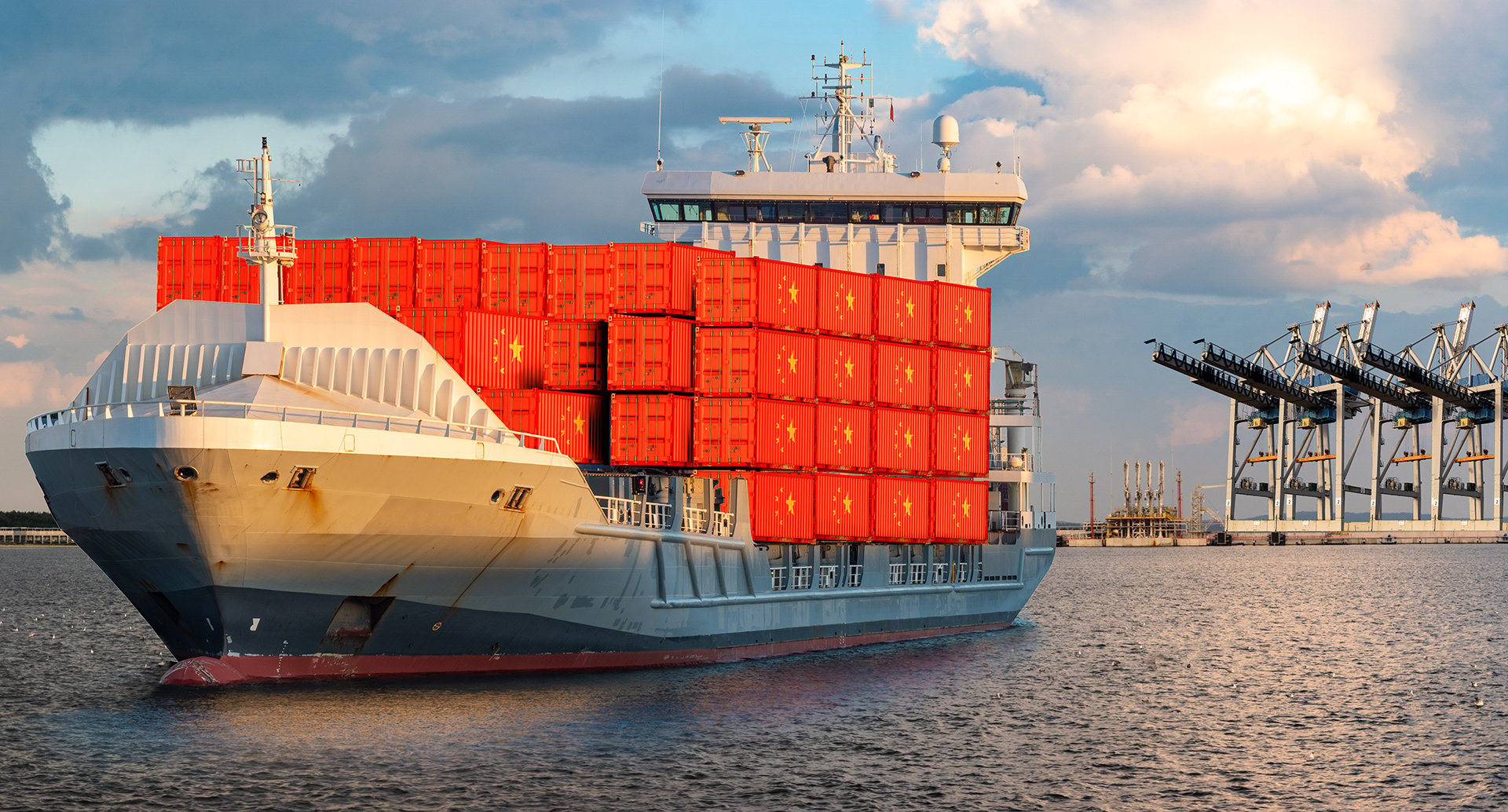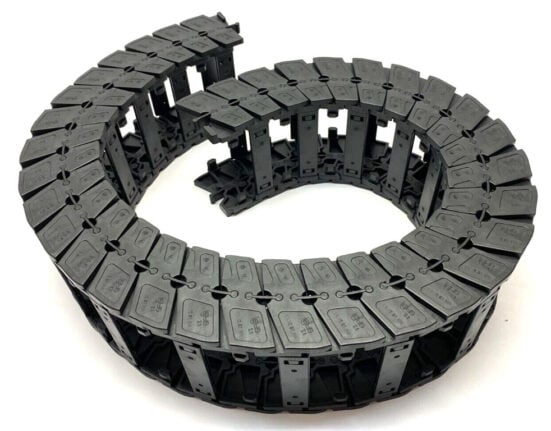According to a Bloomberg report, China has introduced new port fees on US‑owned and US‑built vessels, alongside an antitrust investigation into Qualcomm, amid escalating tensions ahead of a planned meeting between Presidents Xi Jinping and Donald Trump.
Beijing’s Transport Ministry announced the fees will take effect on 14th October, coinciding with Washington’s plan to impose new charges on large Chinese ships entering US ports.
Separately, China’s market regulator has launched an anti-monopoly investigation into Qualcomm over its acquisition of Israel’s Autotalks. Following the news, Qualcomm shares fell more than 4% in pre-market trading in New York.
The measures follow recent Chinese actions, including tightened export controls on rare earth elements and continued suspension of US soybean purchases, which could affect American farming regions that largely supported Trump in 2024.
These moves come after a series of steps by the Trump administration aimed at China, including proposals to bar Chinese airlines from flying over Russia on US‑bound routes and expanding sanctions to limit access to restricted US goods for companies such as Huawei Technologies.
Analysts view the latest actions as both sides assembling bargaining tools ahead of a leaders’ meeting at the Asia-Pacific Economic Cooperation summit in South Korea. The current tariff truce, which once saw US levies rise to 145%, is set to expire on 10th November unless extended.
Julian Evans-Pritchard, head of China economics at Capital Economics, said in a report: “This hardball approach is somewhat risky and will complicate talks with the US, even if it ultimately pays off.”
He added that the timing “may be opportunistic,” but the controls are likely motivated by longer-term geo-strategic goals and a desire to limit foreign competitors in strategic sectors.
From the US side, Trump has suggested he might impose restrictions on certain products sold to China without specifying which items. He told reporters: “We import from China massive amounts. You know, maybe we’ll have to stop doing that, but I don’t know exactly what it is. Neither do you. Neither does anybody.”
Treasury Secretary Scott Bessent and Commerce Secretary Howard Lutnick are reportedly working on the issue.
China’s dominance in the rare earth sector gives it significant leverage. The new controls add five mid- and heavy rare earths to the existing seven already restricted. These materials are vital for advanced technologies, including high-performance magnets, semiconductors, and precision military systems, and are heavily purchased by South Korea, Japan, the US, Germany, and Canada.
While heavy rare earths remain tightly controlled, lighter elements are exempt, limiting Beijing’s immediate influence. Despite tensions, China has signalled willingness to engage with Washington. Premier Li Qiang told the UN General Assembly that the two economies “can and should become friends and partners.”
Potential discussion points in the upcoming meeting include export controls, Chinese purchases of US goods, and opening of China’s services sector. Citigroup economists noted: “Both US and China could be strengthening their leverage in trade talks … The tariff truce between the two countries, though fragile, could continue, as a hard trade decoupling was shown to be undesirable for both sides earlier this year.”













